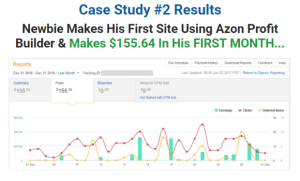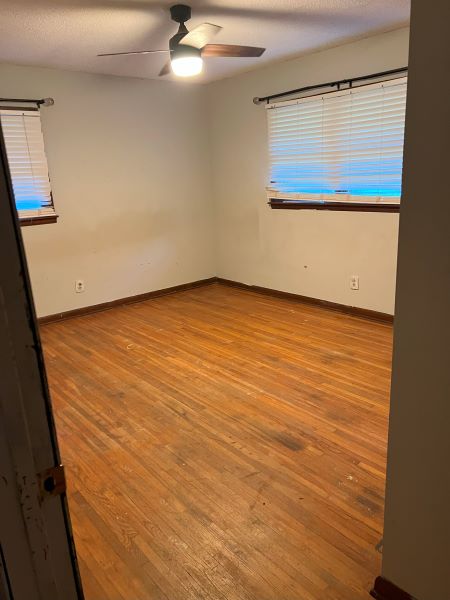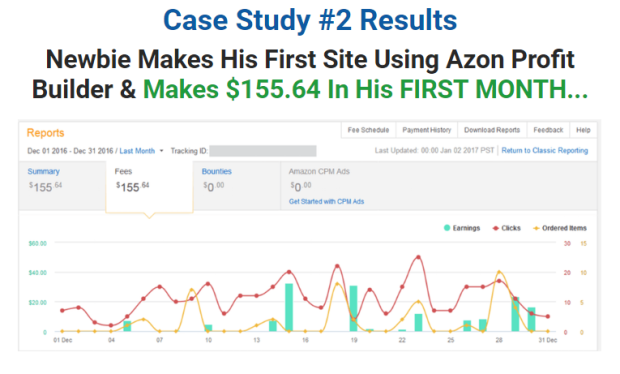Whether it’s from mortgages, unexpected medical bills, or credit cards, managing debt on a fixed retirement income can be challenging. To help seniors who want to be debt-free, here are seven tips for retirement to cope with debt, opening up the possibility of finding financial stability and peace of mind.
1. Create A Budget
A good first step in managing debt during retirement is to create a detailed budget. This budget should account for all sources of income, including Social Security benefits, pensions, and any retirement savings. Next, list all your expenses, prioritizing fixed costs such as housing, food, healthcare, and utilities. Once you have a clear image of your entire financial situation, you can pinpoint the areas to cut back on or where to push more funds toward debt repayment.
To streamline this process, you can look into budgeting tools or apps designed for retirees. These apps and tools will allow you to review and adjust your budget regularly to reflect your financial situation if it fluctuates from month to month.
2. Prioritize Debt with High-Interest
High-interest debts, like credit card balances, can quickly spiral out of control if not managed properly. By prioritizing paying off these debts first, you can minimize the amount of interest you accrue over time. Additionally, by focusing on high-interest debt, you can quickly and more efficiently reduce your overall debt burden.
Consider the snowball or avalanche method for paying off high-interest debts. The snowball method means paying off the smallest interest debts first, while the avalanche method aims at paying off the highest interest debts first. Either method is an excellent option for eliminating debt.
3. Downsize Your Living Expenses
One effective way to free up any funds needed for debt repayment is to downsize your housing expenses. This could mean moving to a smaller home, relocating to an area with a lower cost of living, or cutting back on non-essential expenses. While there are better options than this, downsizing can significantly reduce your monthly expenses, allowing you to allocate more money toward paying off any lingering debt.
An actionable tip is to evaluate your current living situation and consider the option of downsizing. This could involve selling your home and moving to a smaller, more affordable property or even renting to avoid property maintenance costs that can add up over time.
4. Seek Professional Financial Advice
Navigating debt in retirement can be overwhelming, but seeking advice from a certified financial professional can be a good step towards financial freedom. Financial advisors can help you develop a customized debt repayment plan, explore options such as debt consolidation, and provide practical strategies for managing your retirement income.
Actionable tip: Look for a Fiduciary financial advisor who specializes in retirement planning and has experience managing debt. Many advisors offer a free initial consultation, so you can find one who aligns with your needs and is ethically and legally bound to act in your best interest.
5. Look into Part-Time Work Opportunities
If you’re physically able and have the desire, taking on part-time work or gig opportunities can be a good way to supplement your retirement income. This additional income could be set aside specifically for debt repayment, helping you to pay off your debts faster and more efficiently.
Explore flexible or part-time work options that align with your skills and interests. Popular choices for retirees include freelance work, consulting, tutoring, or even starting a small home-based business. The skill or hobby you’ve honed your whole life can be used to earn some extra income!
6. Utilize Government Assistance Programs
Various government assistance programs are designed to help retirees manage their finances and provide monetary assistance for those in need. Programs such as Medicaid, Supplemental Security Income (SSI), and the Low-Income Home Energy Assistance Program (LIHEAP) can provide financial relief for eligible individuals, allowing them to allocate more funds toward debt repayment. Those who qualify for Medicaid will also get assistance with their Medicare costs, copays, and will receive additional benefits that Medicare typically doesn’t cover.
You can easily research and apply for government assistance programs you may qualify for, whether over the phone, in person, or online. These programs could significantly assist with your monthly expenses and provide financial stability.
7. Negotiate with Creditors
Don’t be afraid to negotiate with your creditors to seek more favorable terms for any debts or loans. Many credit lenders are willing to work with retirees to develop manageable repayment plans, reduce interest rates, or even settle debts for a lower amount. Communicating openly with your creditors can lead to financial solutions that may work out better for both of you.
Make sure to prepare a detailed explanation of your financial situation before contacting the lender. The more that you have a plan that highlights your fixed income, current expenses, and any extenuating circumstances that impact your ability to repay the debt, the more they are willing to work with you. Be honest and assertive in your negotiations.
Conclusion
Dealing with debt in your retirement years requires a proactive and strategic approach. By creating a financial payoff budget, prioritizing the high-interest debt, downsizing living and home expenses, seeking professional financial advice, considering part-time work, utilizing government assistance programs, and negotiating with creditors, you can successfully manage your debt and enjoy a more secure and stress-free retirement.
Remember, the key is to take control of your financial situation and make strategic decisions that align with your long-term financial goals. With careful planning and a proactive attitude, you can overcome debt challenges and make the most of your retirement years.





















